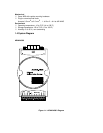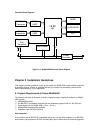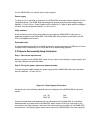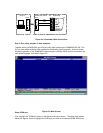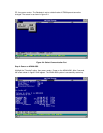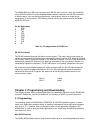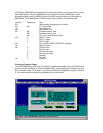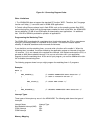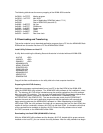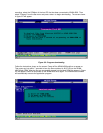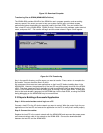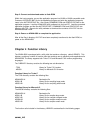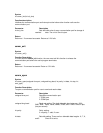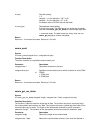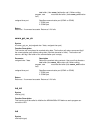Figure 3-1: Converting Program Codes
Other Limitations
1. The ADAM-4500 does not support the standard PC function "8253". Therefore, the C language
function call "delay ( )" cannot be used in ADAM-4500 applications.
2. Certain critical files are always kept in flash ROM, such as the operating system files, BIOS,
and monitoring files. Aside from the storage space needed for these critical files, the ADAM-4500
has an additional 170 KB of free ROM space for downloading user applications. An additional
free 234 KB of SRAM is provided for operation of applications.
Programming the Watchdog Timer
The ADAM-4500 is equipped with a watchdog timer function that resets the CPU or generates an
interrupt if processing comes to a standstill for any reason. This feature increases system
reliability in industrial standalone and unmanned environments.
If you decide to use the watchdog timer, you must write a function call to enable it. When the
watchdog timer is enabled, it must be cleared by the application program at intervals of less than
1.6 seconds. If it is not cleared at the required time intervals, it will activate and reset the CPU, or
generate an NMI (Non-maskable interrupt). You can use a function call in your application
program to clear the watchdog timer. At the end of your program, you need an additional function
call to disable the watchdog timer.
The following program shows how you might program the watchdog timer in C programs:
Example:
main ()
{
wdt_enable(); /* enable ADAM-4500 WDT function */
{ /* user's function block */
.
.
wdt_clear(); /* clear WDT timer */
.
.
}
wdt_disable(); /* disable ADAM-4500 WDT function */
}
Interrupt Types
Three types of interrupts may occur in the ADAM-4500. The following table shows the types of
interrupts.
Interrupt Name Interrupt Type
Non-Maskable Interrupt (NMI) 02h
COM1 Interrupt 0Ch
COM2 Interrupt 0Eh
Memory Mapping



